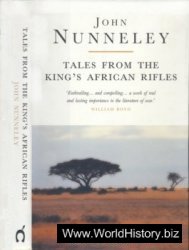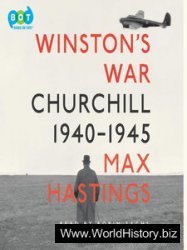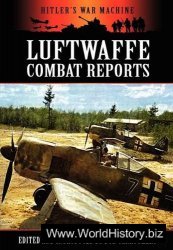An official government report of 1929 described the Sunday night meetings of Evangelical Christians near the city of Smolensk. The congregation met in an "old, dark, dirty, sooty hut. The furnishings—a table and benches." About 80 congregants read and sang "various prayers from the Gospel." Most of the worshippers were middle-aged, female, and probably working class: farmers, construction workers, and other unskilled laborers. The report concluded, "All these [Protestant sects] do counterrevolutionary work... and spread various counterrevolutionary rumors.
Before World War II the number of Protestants was relatively few, but the faith grew quickly after the vcar, especially among Evangelical Christians and Baptists (known collectively as ECB). In 1944 the government started an official Protestant organization, the All-Union Council of Evangelical Christians-Baptists, in order to control them. Eor that reason, many Protestant groups refused to join the council, while others that did join eventually left. In the 1960s there was a major split in the council, after which an unofficial group formed, calling itself the Council of Churches of the ECB. Under Khrushchev the government pushed to dissolve congregations not affiliated with the All-Union Council as well as to destroy many that were. Protestant faithful generally had to confine themselves to worship services and were very limited in their outreach opportunities, whether proselytizing, teaching their own parishioners, or publishing religious literature.
Protestants who refused to register with the government held secret meetings in homes or in secluded places outdoors, formed clandestine "cells," and published religious material on hidden presses; some groups opposed military service. Many paid for their defiance with long prison sentences. Soviet Baptists, most of whose converts came from the Russian Orthodox Church, tended to be strict in their lifestyle. They avoided alcohol and tithed (gave a 10th of their income to the church). Generally Soviet Baptists belonged to the less-well-educated class of society. Women who wanted their menfolk to stop drinking were often attracted to the Evangelical message. In the early 1980s a British journalist described his impression of a Baptisf gathering—it was a scene that in basic respects had not changed since 1929: the setting was cheerier, the congregation larger, but the plainness and earnestness of the gathering remained the same.
There is none of the mystery and ceremony to be found in Orthodox churches. Hospitality is warm but frugal compared with the banquets I have enjoyed in the residences of Orthodox bishops: and the involvement of the community in its beliefs is much more full-time: as I sat under the trees in the grounds of one prayer house, eating vegetable soup from trestle tables together with 300 others after Sunday morning service, a singer sang hymns and read from the Gospels while the community listened with serious attention.-'
Lutherans, who mainly lived in Latvia and Estonia, were the second-largest Protestant group (about 850,000 in the 1970s). During Khrushchev's antireligion campaign Baltic Lutherans lost around half of their churches.




 World History
World History









